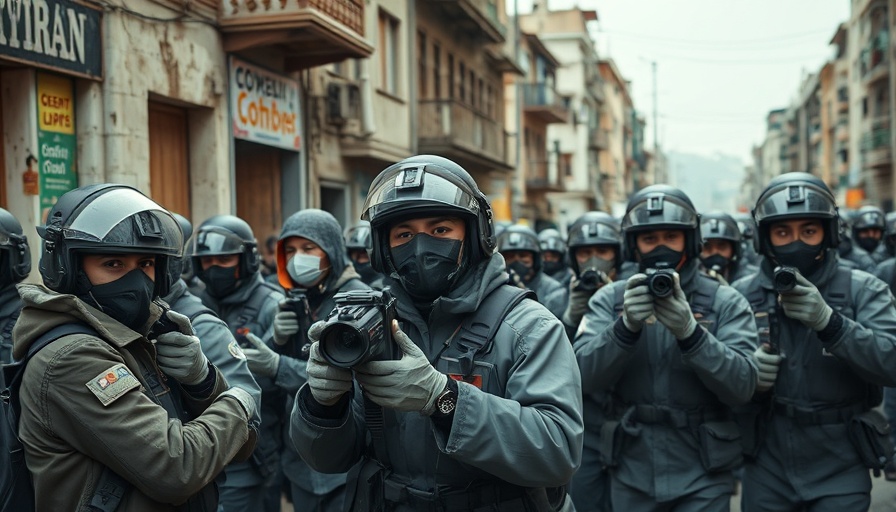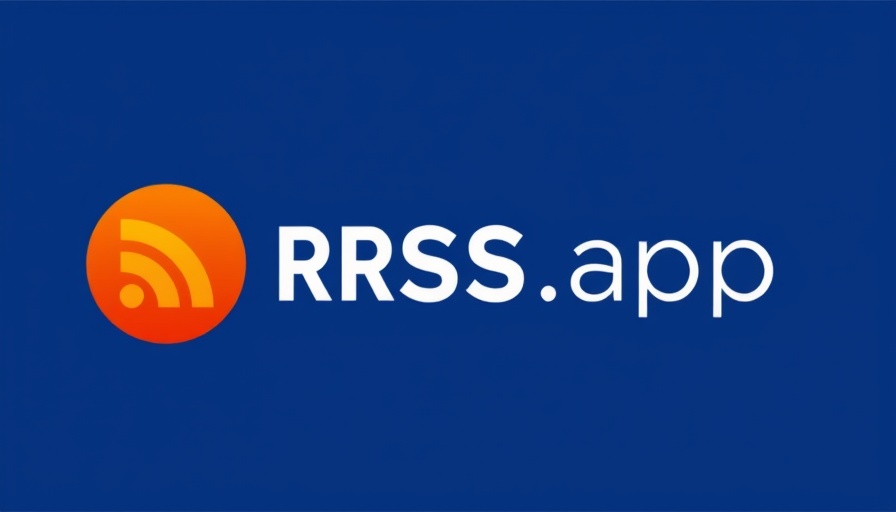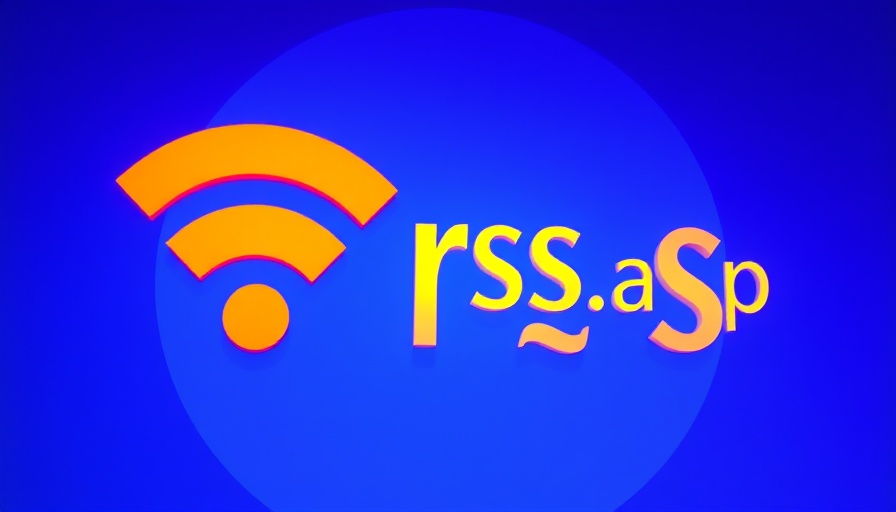
The Deteriorating Landscape for Journalists in Haiti
In a disturbing escalation of violence against the press, armed gangs in Haiti have launched a series of targeted attacks on local media outlets, culminating in the destruction of Télé Pluriel in Port-au-Prince. This incident marks yet another grim chapter in the ongoing struggle for press freedom within a nation grappling with rampant gang violence and political instability.
Context of Violence Against the Media
The troubles facing journalists in Haiti are not new. The Caribbean nation has consistently ranked poorly in terms of press freedom and safety for journalists, with a recent report from the Committee to Protect Journalists (CPJ) highlighting that Haiti leads the world in impunity for journalist killings. The brazen attacks by gangs illustrate the increasingly hostile environment that journalists operate in, where covering events can invoke violent retribution. In December 2024, two journalists lost their lives during a gang confrontation while reporting on the reopening of Haiti's largest public hospital, a stark reminder of the perils that come with reporting in an increasingly anarchic landscape.
Understanding the Nature of the Threat
The attack on Télé Pluriel exemplifies the systematic oppression and threats faced by media workers. Heavily armed members of local gangs breached the station's security before setting fire to its premises, following a series of assaults on other media outlets in the region. Experts believe that these gang-led strikes are not merely coincidental but rather a calculated effort to silence dissenting voices and control the narrative surrounding Haiti’s complex social issues.
Cultural and Political Implications
This wave of attacks reflects deep-seated issues within Haitian society, where gang violence has now overshadowed governmental authority. The presence of gangs has forced media outlets into a precarious position and has even put the safety of journalists at risk. The Haitian Association of Journalists condemned the recent aerial assaults as acts of terrorism, highlighting a societal decay where freedom of expression is curtailed by fear.
Future Insights and Concerns
The ongoing violence raises critical questions about the future of journalism in Haiti. Will independent media survive in an environment where dissent can lead to death? As gangs assert their dominance over the territory, the ability to report on government actions and local issues without fear becomes increasingly compromised. The government's response will be crucial in determining whether the situation will improve or worsen. Measures to protect journalists and restore some semblance of law and order are sorely needed.
Actions Spearheading Change: Local and International Perspectives
For international observers, heightened awareness and action regarding the plight of journalists in Haiti are imperative. Organizations like CPJ have called upon the Haitian authorities to prioritize the safety of journalists and to ensure those behind these violent acts are brought to justice. This demands not only a coherent strategy from the government but also support from the international community to enforce the rule of law and bolster local journalism.
Determining the Impact of Information Suppression
In a world where information drives societal progress, the suppression of media in Haiti carries significant implications. As the narrative becomes controlled and manipulated by gangs, the ability of the people to receive unbiased information diminishes, which could lead to further social unrest and a cycle of violence. Journalist safety must thus be recognized as integral to the broader struggle for human rights and democratic values in Haiti.
Conclusion: Stand Up for Press Freedom
As journalists in Haiti face a rapidly deteriorating situation, it becomes vital for the global community to vocalize support for their plight. The attacks on media outlets like Télé Pluriel are not just assaults on individual journalists; they are attacks on democracy and freedom of speech. Advocacy for the protection of journalists in regions rife with violence cannot be overstated. We must collectively support efforts that promote safety for journalists lest we allow the narrative to be suppressed in fear and violence.
 Add Row
Add Row  Add
Add 




Write A Comment